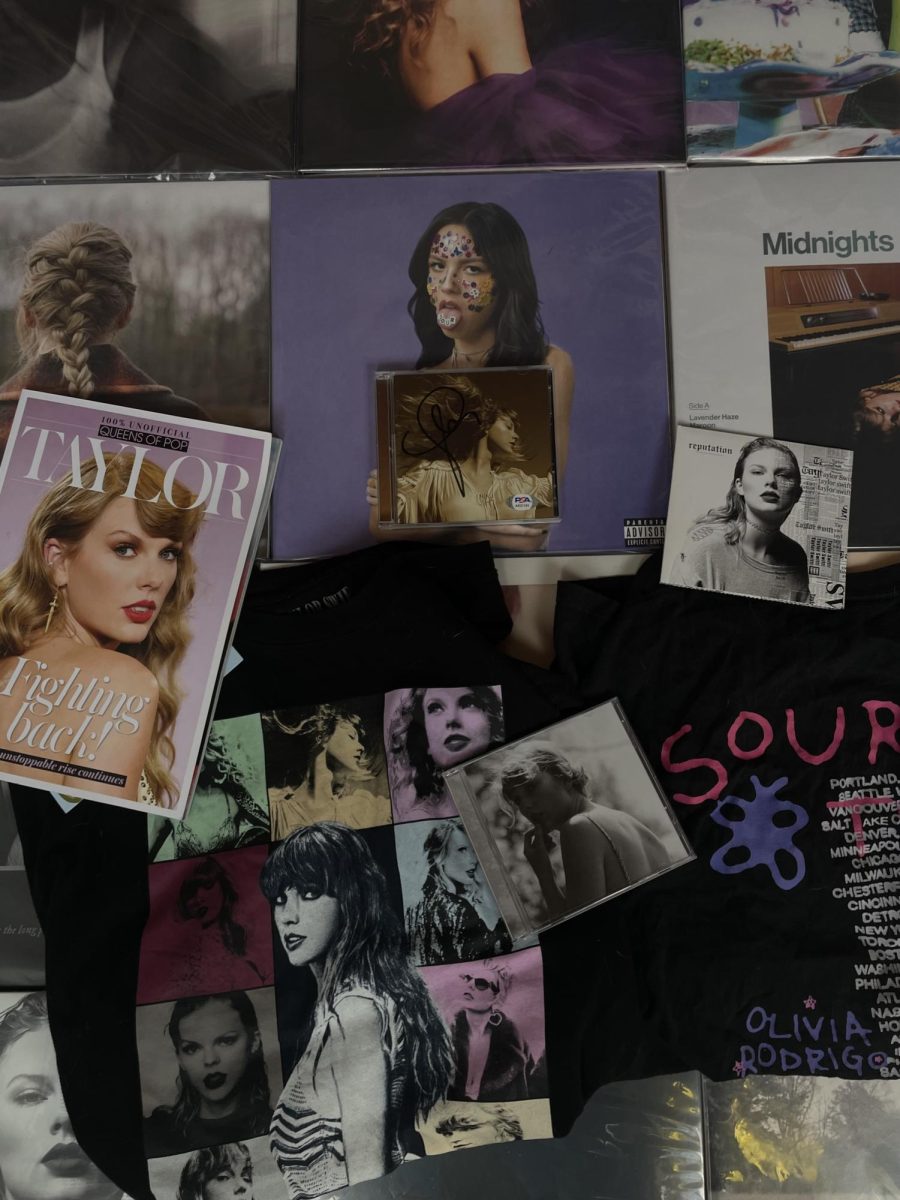A teenage girl buys tickets to see her favorite artist in concert. She waits in an eight hour line, plans an elaborate outfit, and buys all of the artist merchandise. In the background of the videos she takes, it’s her passionately screaming every lyric to the songs.
A teenage boy sits at home watching the football game. He spends time ordering buffalo wings, is wearing his favorite player’s number, and spends money playing against his friends in a fantasy football league. As he records the final play, a player drops the ball and in the background of the video the boy is screaming at the T.V.
Only one of them is called obsessive and crazy.
According to Oxford Languages, Urban Dictionary, Dictionary.com, and so forth a “fangirl” is a female fan who is obsessive sometimes to a certain degree it is unhealthy. A “fanboy” however is a man who is extremely enthusiastic or an extreme fan of a subject.
The double standard surrounding pop culture, especially fan culture, is deafening. When people are asked about things they care about it is only okay to bring up until someone brings up a female pop artist or fun musical movies, at which point the person speaking about the topic is told they are “obsessed” or “talk about it too much and should get over it.”
Founder and CEO of “Shit You Should Care About” once said “why are young women screaming at a One Direction concert seen as hysterical but grown men screaming at their inanimate TV’s, rioting and causing millions of dollars of damage, seen as part of being a sports fan?”
But the answer is so simple. Such double standards exist in order to maintain the patriarchy. Female dominated hobbies are seen as unprofessional and not something they could make a career out of but male dominant hobbies, such as sports watching, is something that maybe one day they might get drafted for. This also plays into the idea of what type of career a woman should have.
Historically, women weren’t seen as people to leave the homefront. A woman’s interests were supposed to lie with her family. Being a better housewife. A better mother or caretaker. Women weren’t supposed to have hobbies because entertaining and being loving and caring was enough, supposedly. Now, when a woman expresses interest in a topic other than being a wife and a mother it’s taking away from having those duties. For example, actress Keke Palmer was recently shamed by her ex-boyfriend for wearing a sheer dress to an Usher concert because she is a mother.
The outfit in which Palmer was wearing had nothing to do with her ability to be a fantastic mother to her son and this goes for other hobbies that women, with children or not, have. Someone’s interest does not determine their personality. It doesn’t determine whether someone is crazy. Claiming that women are crazy for having passion but not doing the same for others is degrading. Fan culture goes deeper than just Instagram reposts and owning multiple concert t-shirts.
Those who are part of fan groups like Swifties, One Directioners, Beliebers, Arianators, BTS Army, etc. have said that these artists feel like family. When people don’t have support in life, musical artists have always been someone to turn to but when people are shamed because of it, it begins to feel like what someone cares about doesn’t matter. Whether you are passionate about sports, horses, music, candy, cars, or movies everyone deserves a space in which they can express that. This is what “fangirl” culture is about.

